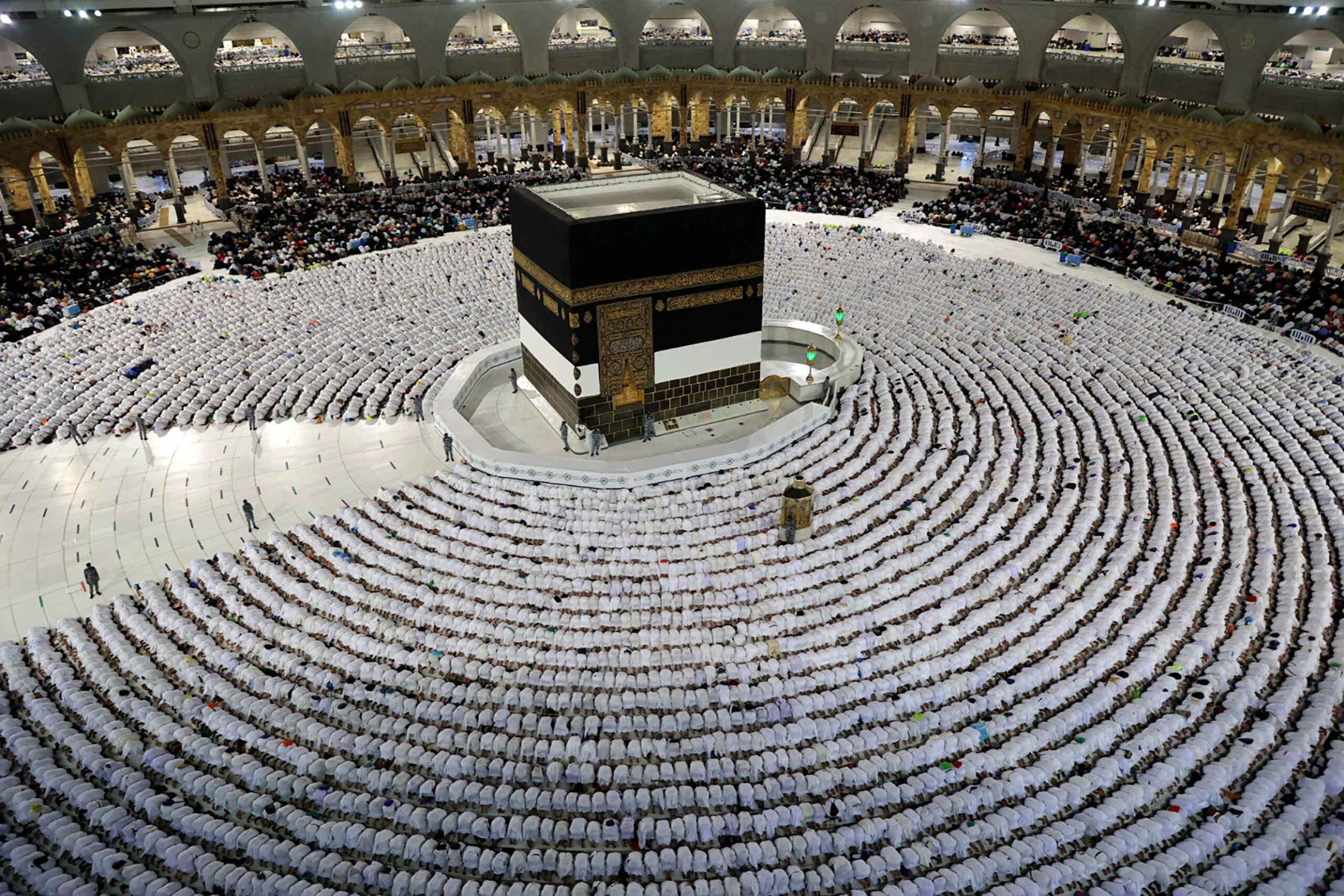Hajj: A Journey of Faith, Unity, and Purpose

Hajj: A Journey of Faith, Unity, and Purpose
Every year, millions of Muslims from every corner of the globe come together in Mecca for one of the most profound spiritual gatherings on Earth: the Hajj. Far more than a religious obligation, Hajj is a transformative journey that blends devotion, discipline, and unity in a way few other experiences can.
What is Hajj?
Hajj is the fifth pillar of Islam — a pilgrimage to the holy city of Mecca in Saudi Arabia, which every Muslim who is physically and financially able must undertake at least once in their lifetime. It takes place during the Islamic month of Dhu al-Hijjah, and marks the culmination of a deeply symbolic and centuries-old tradition.
At its heart, Hajj is about equality, humility, and spiritual renewal. Pilgrims wear simple white garments known as ihram, eliminating social and cultural differences. Everyone — regardless of nationality, wealth, or status — stands as equals before God.
The Core Rituals
Over five days, pilgrims follow a sequence of rituals that retrace the steps of the Prophet Abraham (Ibrahim), his wife Hagar, and their son Ishmael:
- Tawaf: Circling the Kaaba seven times in the Grand Mosque.
- Sa’i: Walking between the hills of Safa and Marwah, echoing Hagar’s desperate search for water for her son.
- Day of Arafat: The spiritual peak of Hajj, where pilgrims spend the day in prayer and reflection.
- Stoning of the Devil (Ramy al-Jamarat): Symbolically rejecting temptation by throwing stones at three pillars.
- Animal Sacrifice (Qurbani): Commemorating Abraham’s willingness to sacrifice his son in obedience to God.
These rituals are not just symbolic. They are a physical and emotional reset — a chance to let go of past mistakes, reflect on life’s purpose, and return home spiritually renewed.
Why It Matters (Even Beyond Religion)
For Muslims, Hajj is deeply personal. But it’s also a powerful expression of global unity, where people of every background come together in peace, sharing in the same prayers, hardships, and hopes.
From a wider perspective, Hajj is a reminder of something universal: the human longing for meaning, connection, and transcendence.
-
Whether you’re a believer or simply someone curious about world cultures and traditions, the Hajj is a moving example of what it means to step out of daily life and reconnect with something bigger than ourselves.


